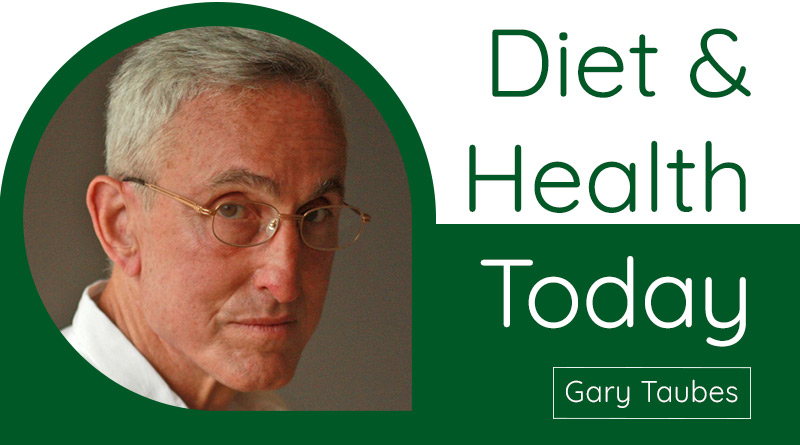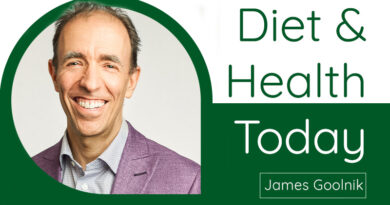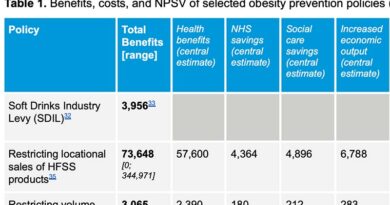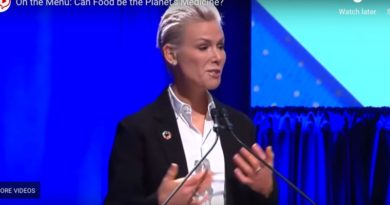Gary Taubes and Zoë chat about science, diabetes, journalism and books

Bio
Gary Taubes is an investigative science and health journalist and co-founder of the non-profit Nutrition Science Initiative (NuSI.org). He is the author of Rethinking Diabetes (2024), The Case Against Sugar (2016), Why We Get Fat and What to Do About It (2011) and Good Calories, Bad Calories (2007), published as The Diet Delusion in the UK.
Taubes is the recipient of a Robert Wood Johnson Foundation Investigator Award in Health Policy Research and has won numerous other awards for his journalism. These include the International Health Reporting Award from the Pan American Health Organization and the National Association of Science Writers Science in Society Journalism Award, which he won in 1996, 1999 and 2001. (He is the first print journalist to win this award three times.)
Taubes graduated from Harvard College in 1977 with an S.B. degree in applied physics and received an M.S. degree in engineering from Stanford University (1978) and in journalism from Columbia University (1981).
Questions
In this really varied podcast (a bit over an hour), Gary and I cover topics from bad science to sugar. I had many questions ready, but the first question took us in a really interesting direction, so I stayed with it. This led to us covering the following:
- What inspired Gary to go into journalism with a science and engineering background?
- What took him to Geneva and the Nobel prize world?
- How his seven books came about.
- Which does he think is his best book?
- How did he get from physics to nutrition?
- When did he change how he eats and why?
- How did he upset the researchers behind the DASH diet? (Dietary Approaches to Stop Hypertension)?
- How could he write 512 pages about diabetes (when the issue could be summed up in one sentence!)?
- Garys latest book “Rethinking Diabetes” explains that we were handling the condition with diet and then we went off track – how? What happened?
- When did thinking on obesity go astray? (The medical history pathways generally when we could have taken the right path but didn’t).
- Gary’s obsession with good science and bad science.
- What is stopping (dietary advice) change when it seems so blindingly obvious?
- What will be Gary’s next book?




